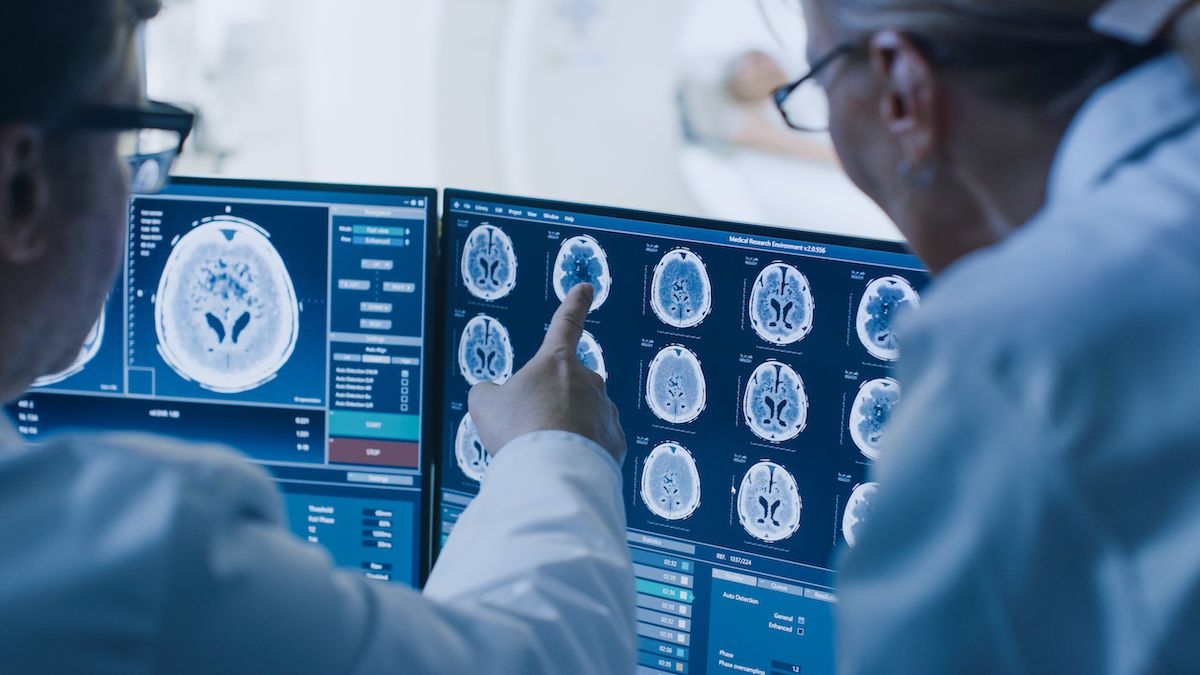Brain Health & Injury Prevention
Understanding Brain Injuries: The Basics Everyone Should Know

June 16, 2023
Brain Injury Association of California Team
An introductory guide to understanding the basics of brain injuries, including types, causes, symptoms, and treatments.
The brain is the command center of our body, controlling everything we do, think, and feel. Injuring this vital organ can lead to serious complications and changes in one's life. This article aims to shed light on the basics everyone should know about brain injuries.
What are Brain Injuries?
A brain injury refers to any injury to the brain that affects a person's cognition, physical abilities, or emotions. There are two main types of brain injuries: traumatic brain injury (TBI) and acquired brain injury (ABI). TBI results from an external force, like a blow to the head, while ABI occurs at the cellular level, often due to pressure on the brain, a tumor, or a lack of oxygen or blood flow.
Causes of Brain Injuries
Brain injuries can be caused by a range of factors. For TBIs, the most common causes include falls, vehicle-related collisions, violence, and sports injuries. On the other hand, ABIs can result from stroke, tumors, hypoxia, toxins, and diseases such as encephalitis or meningitis.
Symptoms of Brain Injuries
The symptoms of a brain injury can vary widely and may present immediately after the injury or even days or weeks later. These can include headaches, nausea, confusion, dizziness, changes in sleep patterns, mood changes, and difficulties with memory, attention, or thinking.
Treatment of Brain Injuries
Treatment for brain injuries is highly individualized and depends on the severity and type of injury. It may include immediate emergency care to stabilize the patient, surgery to repair damage, and medications to manage symptoms. Most importantly, rehabilitation therapy, involving a team of specialists, is typically required to help the person regain function and learn to cope with any new physical, cognitive, or emotional challenges.
Prevention of Brain Injuries
While not all brain injuries can be prevented, steps can be taken to reduce risk. This includes always wearing a seatbelt in a car, using helmets when participating in high-risk activities, preventing falls in the home, and understanding and managing health conditions that might lead to an ABI.
Conclusion
Brain injuries can have significant impacts on an individual's life. However, with the right knowledge and resources, recovery is possible. The importance of timely medical attention, appropriate treatment, and a supportive network cannot be overstated in the path to recovery.
Please note that this article is intended to provide general information. It should not be used as a substitute for professional medical advice.
Latest News
The Silent Epidemic: Raising Awareness about Traumatic Brain Injuries
This article highlights the need for increased awareness and understanding about traumatic brain injuries, often referred to as the 'silent epidemic.'
The Challenges of Rehabilitation after a Brain Injury
Learn about the various challenges individuals face during their rehabilitation journey after a brain injury, along with strategies to overcome these obstacles.
Brain Injuries in Children: How to Cope and What to Expect
A comprehensive guide for parents and caregivers to help navigate the difficult journey of a child's brain injury, from understanding its effects to developing coping strategies.
Mitigating the Effects of Brain Injuries through Nutrition
Learn how a balanced and nutritional diet can aid in the recovery and overall well-being of individuals with brain injuries.
The Impact of Brain Injuries on Quality of Life
A deep-dive into how brain injuries can affect various aspects of an individual's quality of life and ways to mitigate these impacts.